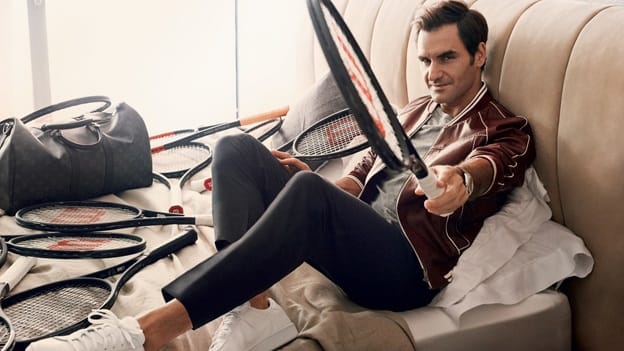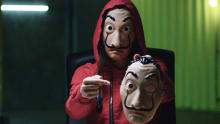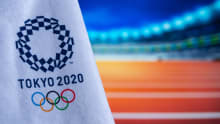Learning from the best: Roger that!

Some celebrate him for his sheer artistry with the racket in hand; while others laud him for his impeccable behavior, on and off the court. Paeans have been written about his rhythmic body movements and the timeless beauty of his game; which – in the words of Boris Becker - unfolds like poetry in motion.
The majestic forehand, and that whiplash of a one-handed backhand, together form the indispensable core of a playing style that is consistently adorned with adjectives like ‘graceful’, ‘effortless’, ‘sublime’ and ‘symphonic’. With his outrageously inventive yet invariably elegant stroke making, Roger Federer is not hailed as being ‘peRFect’ for nothing, after all.
While all of this is a testament to his extraordinary innate abilities and talent, anyone who follows the sport would agree that at the age of 35 years and 11 months, perfection takes a back seat for professional tennis players. As players cross 30, all those years on the international circuit take a toll on the body - the reflexes slow down, and the fitness and endurance levels are on the wane.
A study, in fact demonstrates that top tennis players reach their highest levels of performance at around 24 years of age, proving how difficult it must be for Federer to push himself, both mentally and physically to keep on competing in major tournaments, knowing fully well that he would never again be as good as he used to be.
14 years after Federer won his first Grand Slam title, as he became the oldest ever man to win Wimbledon (and having last won it in 2012), it was clear that the victory was not just due to pure tennis skills, but was built on deep reserves of mental strength, grit and determination; and it is here that the Swiss maestro has lessons to offer for contemporary leaders:-
You know your core competencies: Stick to them
Even as baseline play increasingly became the norm for most players over the years, Federer chose to stick to his serve and volley approach, knowing that it was his numero uno weapon, and would bail him out, in critical match situations. The strategy has been hugely successful, with the results there for all to see.
Federer also decided to skip the entire clay-court season in 2017, including the French Open; the first time in his professional career that he did not play a single tour event on clay. He did so with a clear focus on Wimbledon, since the grass court would be his best bet to win. It also gave him the time to rest himself and prepare after a knee injury layoff, which he did not wish to aggravate by playing on the clay courts.
Every organization, when it starts out is well aware of its core competencies. However, as it grows, evolves and diversifies over time, it might lose the tunnel vision and clarity it had, in the beginning. Federer’s success with sticking to his guns shows how it may be a good idea for companies and their leaders to stay true to their roots, when faced with big challenges and decisions.
Adapt and update, to advance
When faced with the challenges posed by modern players (particularly Rafael Nadal, his long standing rival), Federer responded proactively by switching to a bigger racket which helped him hit more topspin backhand returns, a useful tactic against the left-handed Nadal. He also appointed Ivan Ljubicic as his new coach, who helped him in devising a more aggressive game plan, so as to dictate the flow of the matches.
It is equally vital for managers to be nimble with their business and people strategies, and be able to alter them quickly according to the needs of the times, otherwise they run the risk of becoming outdated and irrelevant.
Imbibe humility and balance, to be respected
When he was young, Federer often found it difficult to control his emotions on the tennis court. He would throw his racket around, or yell in anger, when things didn’t go his way.
At that stage, it was his parents who groomed him into becoming a calmer and more relaxed individual. Today, Federer is widely respected for being a role model in terms of the humility and grace with which he conducts himself, wherever he goes.
The leaders who are truly venerated are the ones who integrate humility and emotional balance into their personalities, rather than extolling it as a virtue, reserved to be exhibited in select scenarios.

















